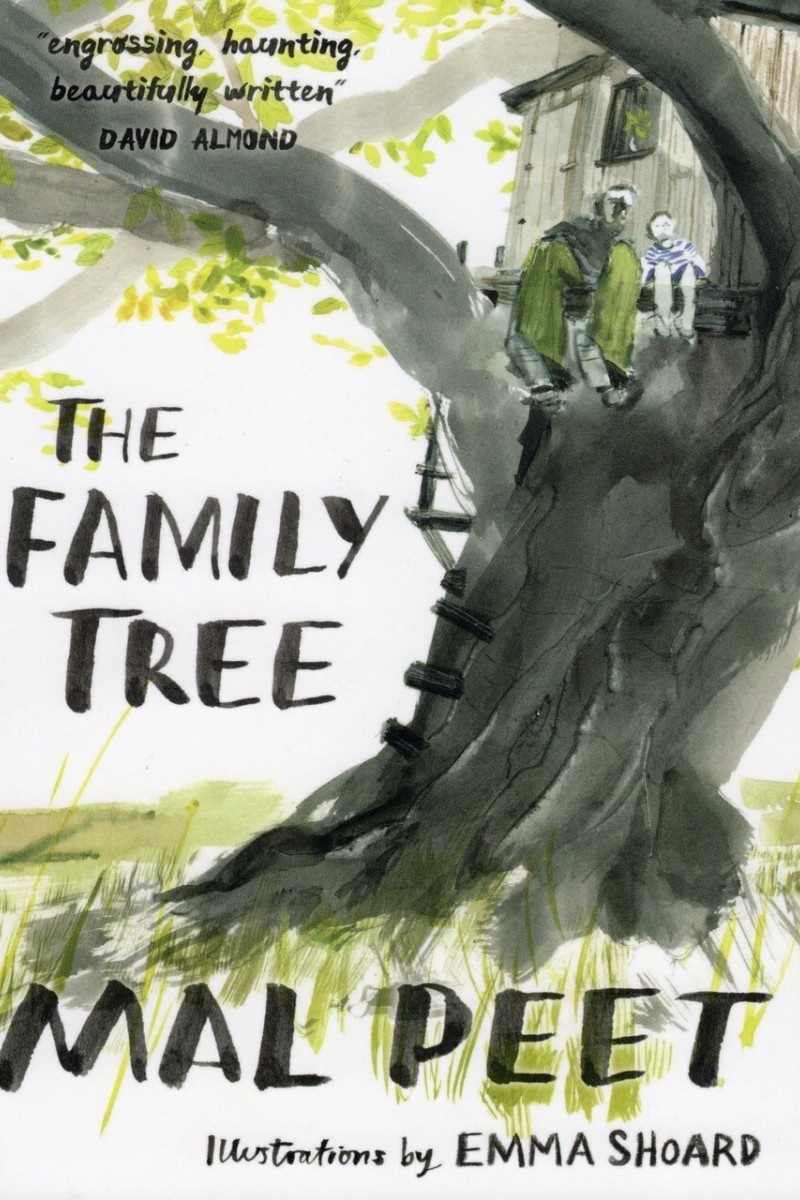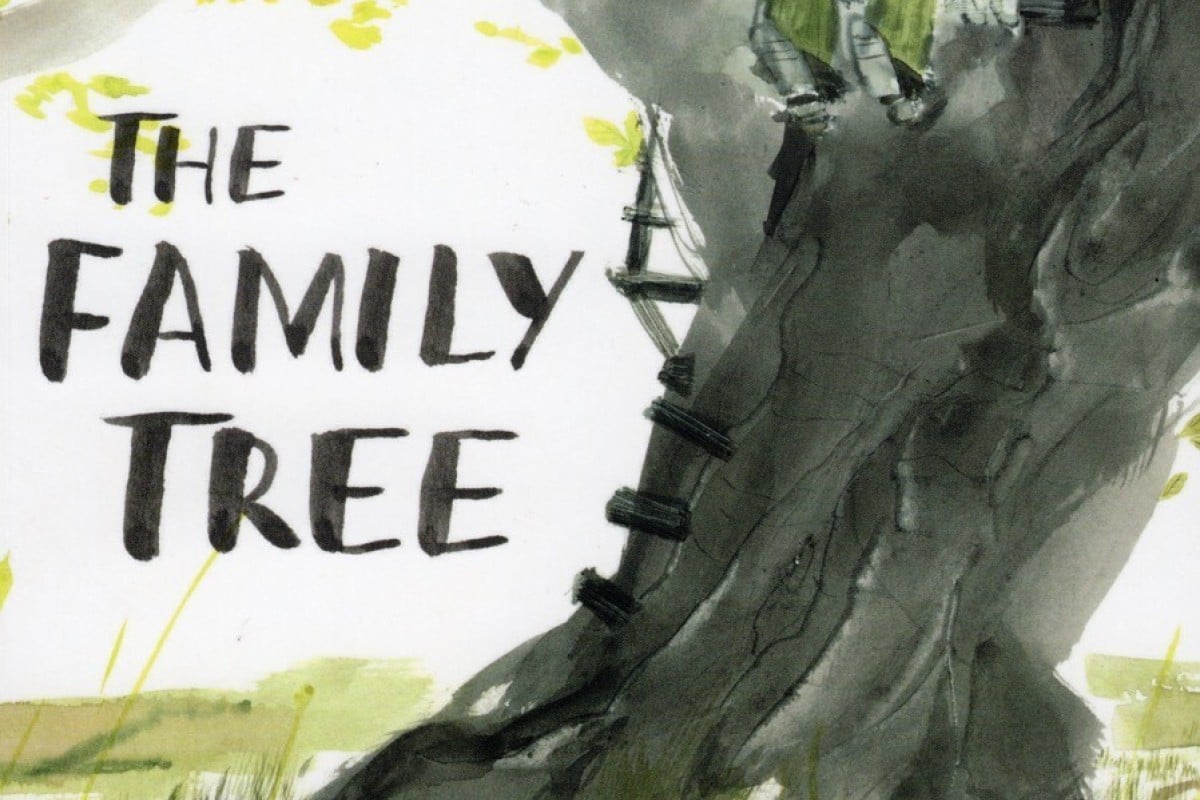
‘The Family Tree’ book review: This might be the most touching YA story you’ll read all year
Wonderful writers like Mal Peet don’t need hundreds of pages or thousands of words to write a story that packs a unforgettable punch

The Family Tree
By Mal Peet
Published by Barrington Stoke
ISBN 978 1 78112 805 3
Wonderful writers like Mal Peet don’t need hundreds of pages or thousands of words to write a story that packs a unforgettable punch.
The much-missed Peet died in 2015, but we are lucky that Barrington Stoke, a publisher that specialises in super-readable books by top children’s and young adult writers, has reissued Peet’s powerful family story The Family Tree as a YA novella.
This poignant and moving story is beautifully written in Mal Peet’s signature prose and hauntingly illustrated by Emma Shoard. Simple on the surface, it’s a compelling family memoir, in which an adult narrator returns to his childhood home and remembers the breakdown of his parents’ marriage and his father’s subsequent struggle with depression.
It begins when a grown-up Benjamin revisits his childhood home after almost 20 years. He remembers his father built him a magnificent tree house, the most glorious thing young Benjie had ever seen.
Life-changing books you need to read on National Book Lovers Day 2019
Now, Benjamin stares at the ruined tree house, still there after all these years, and the memories begin to flow. The tree house was not just a wooden cabin for a kid to play in; it was a whole, wonderful world created by a father for a son.
Benjie spends many happy days there – until things between his parents start to go wrong. Mum is suddenly working longer and longer hours at work, and when she is at home, she’s always on the phone to someone called Steve. She changes into someone Benjie doesn’t know, anxious and on edge all the time.
And Dad is acting even stranger. He stops going to work and spends more and more time by himself in the tree house. He eats, drinks and sleeps there. The tree house stops being a play-place for a child, and becomes a refuge for an adult man who needs to get away from the unthinkable.
In Firebird, we meet two of the most powerful female characters in recent YA fiction
Benjie is initially thrilled to spend long periods of time with his dad in the tree house. They eat junk food, stare at the sky, laugh together and read kids’ stories. Benjie does not question for one moment why this period of wonderful dad-son time is happening.
But ignoring reality cannot last.
The concluding pages of The Tree House are as moving as any found anywhere. Benjamin sits quietly behind the steering wheel of his van remembering what happened to his father and the breakup of his family. He waits for a moment or two, then drives away.
Definitely targeted at young adults, rather than children, this short novella is an emotionally complex story for enquiring older teens looking for human insight.
John Millen can be contacted on [email protected]